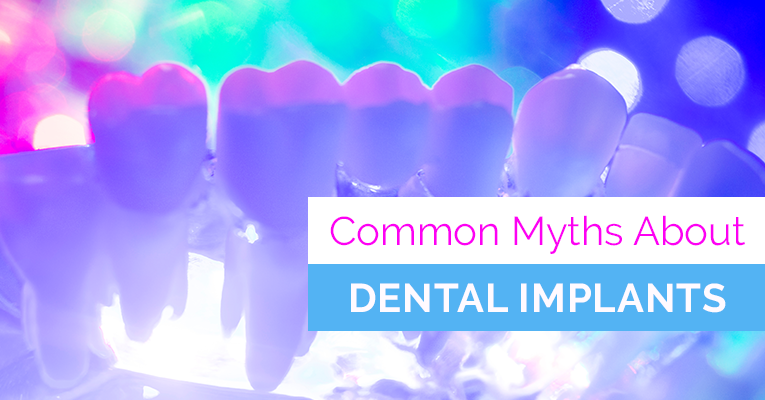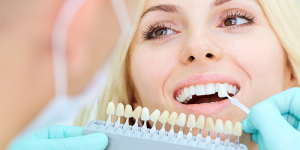Dental Implant Surgery Food FAQs
There are so many questions our patients have regarding eating after dental implant surgery. To help you get a better understanding of what your meals and eating habits might look like after receiving dental implants, read through our food FAQs section below, where our doctors answer the most common questions people have.
When can you eat normally after getting dental implants?
Our doctors find the full recovery period takes around 3 to 6 months. However, some may experience a slower healing process, and it can up to 9 months for the dental implants to fully integrate.
Once the dental implants are completely integrated, and the mouth is fully healed, you should be able to return to normal eating.
Can you eat nuts with dental implants?
Yes, but very carefully. And only after the dental implants have fully integrated and the recovery period is complete. While you do not need to completely give up nuts, make sure to choose a softer variety, such as cashews or walnuts.
Can you drink coffee with dental implants?
Yes, but our doctors recommend rinsing your mouth and lightly brushing your teeth afterward. This is because dental implants tend to be more susceptible to staining. It is also important to note this recommendation also applies to other acidic drinks, such as red wine, black tea, and other types of alcohol.
Does food get under dental implants?
When dental implant surgery is performed correctly, food should not get stuck in or get under the implants. At the Oral and Facial Surgery of Naperville, our experienced team will correctly fit and sew in your dental implants to prevent any food or debris from getting under them.
Can you eat popcorn with dental implants?
This depends on the extent of the dental implants. For instance, if you had the replacement of just one tooth, eating popcorn is usually okay. However, if you received a full set of dental implants, the hard parts of popcorn might crack the teeth, as they are not as strong or durable as real teeth.
Does it hurt to eat with dental implants?
While there will likely be some discomfort after the procedure, this is temporary and will go away after a few days. Patients tell us the pain is minimal during the recovery period, which can be managed with OTC pain medication, and afterward, there is no pain when eating their favorite foods with their new dental implants.
 Are you considering getting dental implants, or have recently undergone dental implant surgery, and are wondering what you can eat after the procedure? Considering dental implant surgery is a fairly major operation, the recovery afterward is usually no easy walk in the park. However, there are a few steps you can take to make sure your post-operative recovery goes as smoothly as possible!
Are you considering getting dental implants, or have recently undergone dental implant surgery, and are wondering what you can eat after the procedure? Considering dental implant surgery is a fairly major operation, the recovery afterward is usually no easy walk in the park. However, there are a few steps you can take to make sure your post-operative recovery goes as smoothly as possible!









